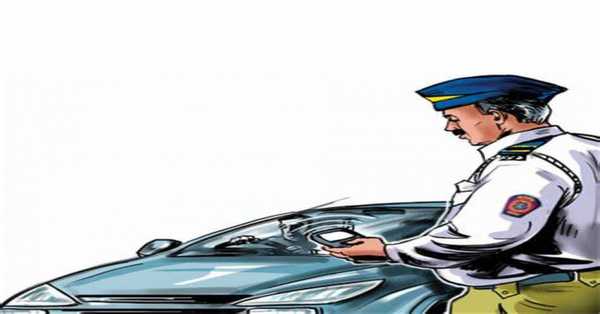There will be a points system maintained for every violation and those with higher points will pay additional premium. Incidents like drunk driving and over-speeding/racing will attract higher violation points.
On the off chance that you are a recurrent traffic perpetrator and have been punished for infringement while driving your vehicle/bicycle, soon you will wind up paying higher engine protection expenses.
A working gathering set by Insurance Regulatory and Development Authority of India (IRDAI) has suggested that a 'petty criminal offense charge' segment be embedded into engine protection.
This segment will skim over both own harm and outsider portions. This implies that independent of the engine cover looked for by a client, he/she will be exposed to petty criminal offense premium relying upon their driving conduct.
Thus, somebody (vehicle proprietor) with rash driving records on the vehicle guaranteed will pay higher charges than a protected driver. There will be a focuses framework kept up for each infringement and those with higher infringement focuses will pay extra premium.
For example, episodes like alcoholic driving has 100 focuses while wrong stopping has 10 focuses. Those with 20 focuses or underneath don't need to pay extra premium. However, from 21 onwards, the punishment premium beginnings kicking in. It goes from Rs 100-750 for bikes and Rs 300-1,500 for four-wheelers and business vehicles. This extra premium is paid at the hour of recharging.
On the off chance that somebody has purchased another vehicle or a used vehicle, he/she won't be charged any petty criminal offense premium at the hour of engine strategy buy. The board has suggested that this cycle be led on a pilot premise in National Capital Territory (NCT) Delhi.
The working group report said that since this region has vehicles from across India, being the capital of the country, other state vehicles that cause traffic violation in NCT Delhi will have to pay traffic violation premium at the time of insuring their vehicle in their own states.
The Insurance Information Bureau of India (IIB) will coordinate with various states’ traffic police and National Informatics Centre to capture the traffic violation data. It will then calculate violation points of each violating vehicle and make this information available to all general insurers through IT system integration with insurers.
